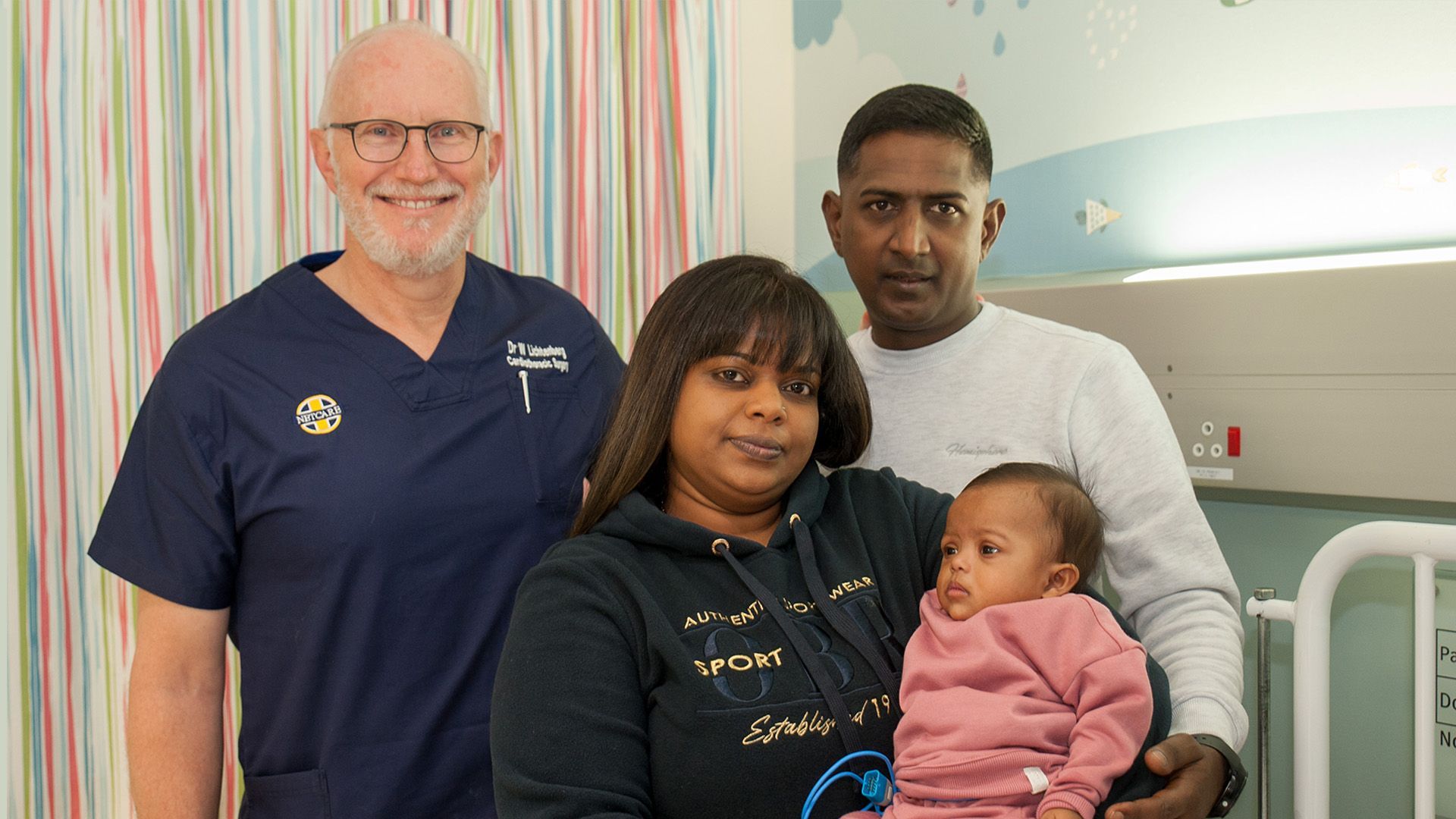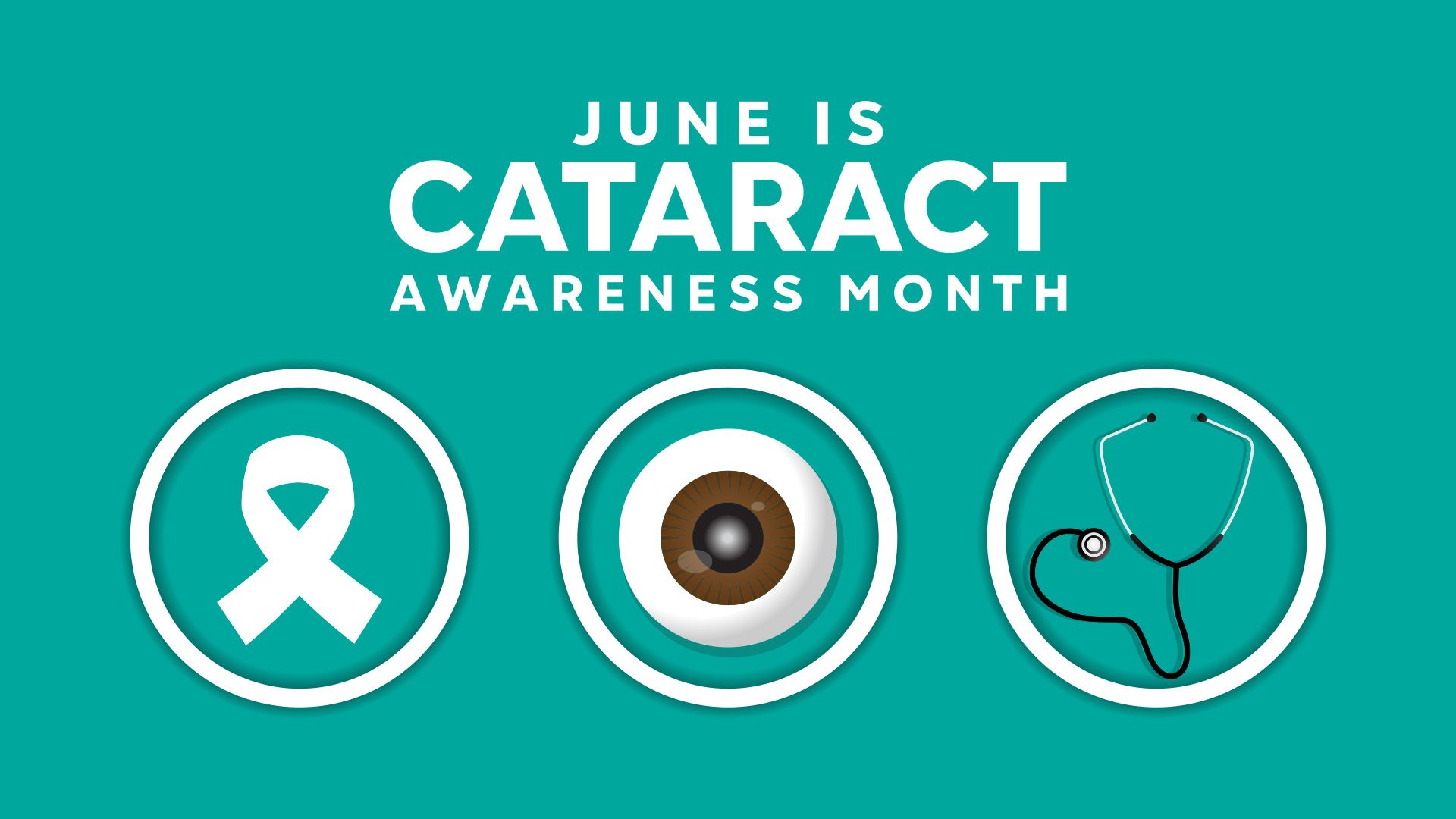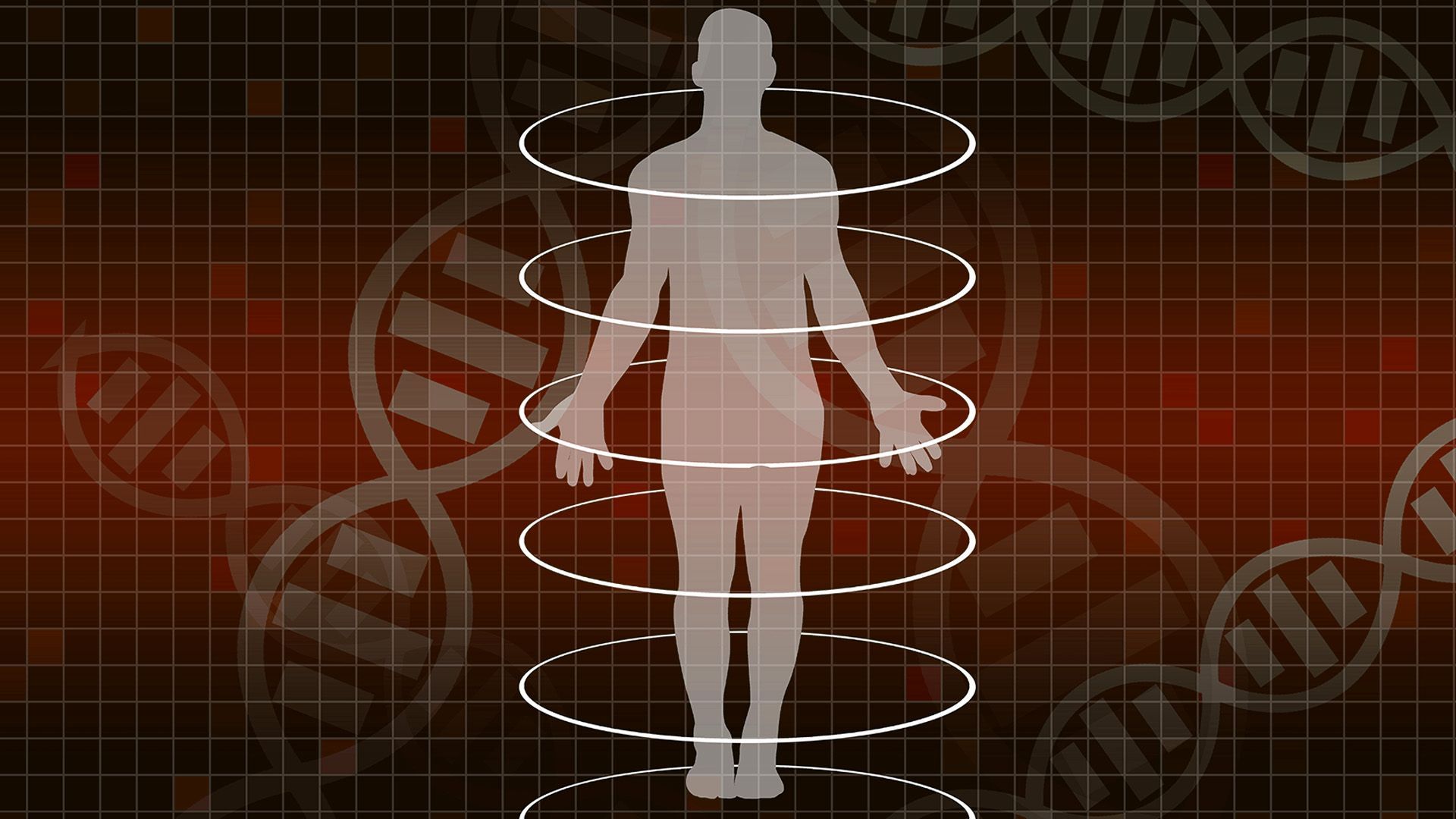Breast cancer accounts for a quarter of yearly new cancers in SA women
Breast cancer accounted for more than a quarter of new cancer cases in South African women in 2020, and 8% of cancer deaths.
Women who have an annual mammogram screening for breast cancer are diagnosed with less advanced cancer and smaller tumours, undergo less aggressive treatment and have a lower risk of death – yet most South African medical aids allow for a mammogram only every two years.
Early detection of breast cancer dramatically improves the chances of survival, and reduces the need for aggressive and invasive treatment, in a disease that is the most frequently diagnosed cancer in South African women, with a lifetime risk of 1 in 25.
Breast cancer accounted for more than a quarter of new cancer cases in South African women in 2020, and 8% of cancer deaths.
October is Breast Cancer Awareness Month and Prof Jackie Smilg, chair of the Breast Imaging Society of South Africa (BISSA), stressed that the “gold standard” for detection of breast cancer remains the mammogram, which can find tell-tale changes in breast tissue years before symptoms develop. BISSA is a sub-specialty group of the Radiological Society of South Africa (RSSA).
“The goal of screening for breast cancer is to find the disease before it causes symptoms. Early breast cancer detection reduces deaths, extends life expectancy, and improves quality of life for breast cancer patients. Early detection through mammography also means less extensive surgery, fewer mastectomies, and less frequent or aggressive chemotherapy.”
“Numerous clinical studies have proven that screening mammograms substantially reduce deaths from breast cancer. Given th epositive impact of early detection on the patient’s life and the reduced need for more extensive and expensive treatments, it is disappointing that medical aids and government agencies do not accept the evidence of the benefits of annual mammography,” Prof Smilg said.
She added that annual mammogram screening in women aged 40 to 49 is highly recommended due to the faster speed at which tumours double in size in this age group.
She said that regular screening was more likely to find breast cancers when they are small and still limited to the breast area, and that this was important for successful treatment and survival, since the size and extent of the spread are crucial in predicting the outcome of a breast cancer diagnosis.
“While advances in breast cancer treatment have definitely also contributed to improved survival rates as well as enabling less aggressive and invasive treatment, the foundation remains early detection through regular screening,” Prof Smilg said.
BISSA recommends that women who carry the breast cancer (BRCA) gene or who have a first-degree relative (parent, sibling, child, maternal grandmother), diagnosed with breast cancer are considered higher risk and should begin annual screening five years before the age that their relative was diagnosed.
All women should regularly self-examine their breasts, Prof Smilg said, and women at average-to-mild risk should start having annual mammograms from age 40, regardless of whether they have any symptoms or have found any abnormalities.
Tomosynthesis (a digital technique that enables a 3D view of the breast) and possibly sonar, depending on breast density, are recommended along with the mammogram, while for women at high risk, BISSA recommends MRI scanning as an additional screening measure.
Prof Smilg emphasises that the amount of radiation used in modern mammography is “negligible”, with no evidence of harm to the breasts or the rest of the body – “the benefits of screening and early detection far outweigh any risk associated with radiation” she said.
She also warned against technologies and devices that claimed to offer an equivalent alternative to the mammogram.
Alternatives touted by often non medically qualified people and organisations include a hand-held “breast light”; thermography, which detects temperature variations on the skin surface; and breast “tactile imaging”, which electronically maps breast tissue elasticity.
“There is no evidence that these methods have any value in the screening and detection of breast cancer when compared with mammography. They are often operated by personnel with no medical training and no training in conventional breast imaging and may in fact cause more harm by missing breast cancers, leading to delayed diagnosis and limited treatment options,” Prof Smilg said.
The bottom line? A lump could turn out to be harmless but, regardless of age or a lack of family history of breast cancer, rather be safe than sorry – get it checked by a medical professional.













